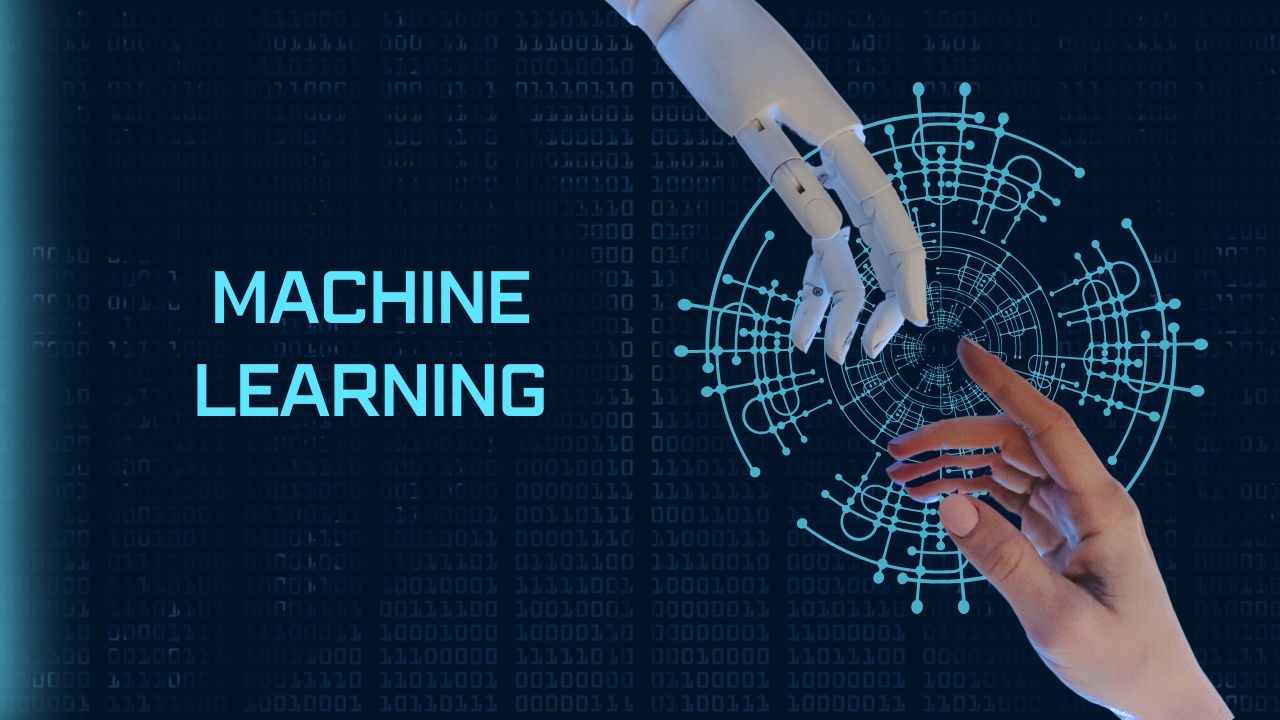Blitz News Digest
Stay updated with the latest trends and insights.
Machine Learning: The New Cookbook for Data Chefs
Unlock the secrets of Machine Learning! Discover delicious recipes and tips to elevate your data cooking skills in our ultimate guide.
Mastering Machine Learning Recipes: Essential Techniques for Every Data Chef
In the rapidly evolving field of data science, mastering machine learning recipes is crucial for any aspiring data chef. These recipes consist of essential techniques that help transform raw data into insightful predictions and analyses. From preprocessing your data to choosing the right algorithms, understanding the foundational components of machine learning is analogous to knowing your ingredients in a recipe. As you dive into the world of machine learning, consider focusing on the following key techniques that every data chef should have in their toolkit:
- Data Cleaning and Preparation
- Feature Engineering
- Model Selection
- Hyperparameter Tuning
Each of these steps plays a vital role in ensuring that the final dish—the predictive model—is both accurate and reliable. For instance, data cleaning and preparation lays the groundwork by ensuring that the data is devoid of inconsistencies and inaccuracies, facilitating the model building process. Meanwhile, feature engineering allows you to extract and construct relevant variables that can significantly enhance the model's performance. By focusing on these fundamental techniques, you'll be well on your way to becoming a proficient data chef, adept at whipping up machine learning models that deliver delectable insights.

Decoding the Data Kitchen: How to Choose the Right Machine Learning Algorithm
When venturing into the world of machine learning, one of the most crucial steps is choosing the right machine learning algorithm. With a myriad of algorithms available, making an informed decision can seem overwhelming. It's important to start by assessing the nature of your data. Ask yourself the following questions:
- What type of data do I have? (categorical, numerical, time series, etc.)
- What is the size of my dataset?
- What kind of predictions do I want to make? (classification, regression, clustering, etc.)
Once you've identified the type of algorithm suitable for your data, it's vital to consider additional factors such as model performance and training time. For instance, while complex algorithms like deep learning models can produce highly accurate results, they often require extensive training and computational resources. Alternatively, simpler algorithms like decision trees or linear regression may be more efficient for smaller datasets. Always remember, the key to success in machine learning is to balance accuracy with efficiency, ensuring that your model not only predicts well but also operates within your technical constraints.
From Ingredients to Insights: What Every Data Chef Needs to Know About Machine Learning
In the world of data science, machine learning serves as the crucial ingredient that transforms raw data into actionable insights. Just like a chef needs to understand the properties of different ingredients, data professionals must grasp the fundamentals of machine learning algorithms and their applications. This includes a solid grasp of concepts such as supervised vs. unsupervised learning, model evaluation metrics, and feature engineering. By mastering these foundational components, one can effectively mix and match different techniques, much like combining spices in a recipe, to achieve optimal results in various analytical scenarios.
Moreover, the journey from ingredients to insights requires constant refinement and adaptation. Data chefs should continually seek to enhance their skills by experimenting with new tools and libraries that facilitate machine learning workflows. Engaging with the community through platforms such as forums and webinars, as well as staying up to date with the latest research, can provide valuable perspectives and techniques. Ultimately, a successful data chef must not only know how to implement algorithms but also understand the significance of interpreting the results—turning complex data outputs into narratives that drive informed decisions.